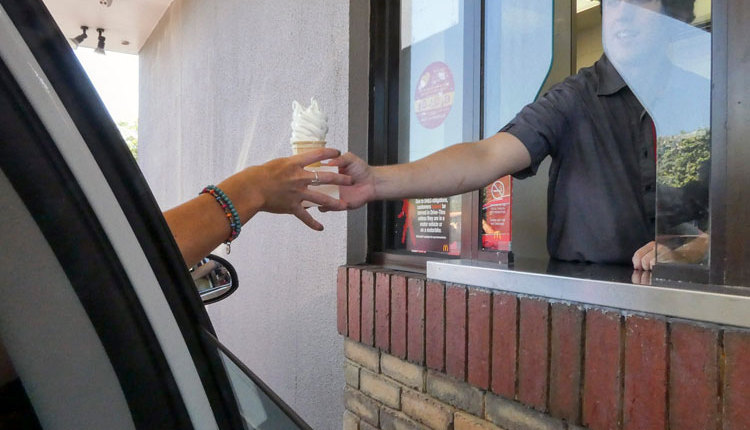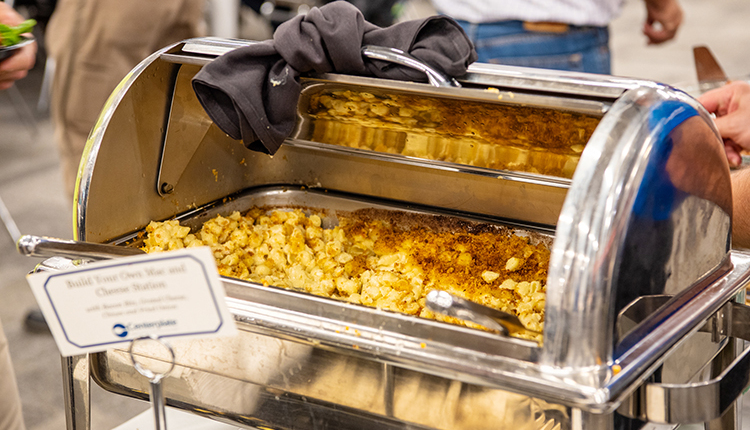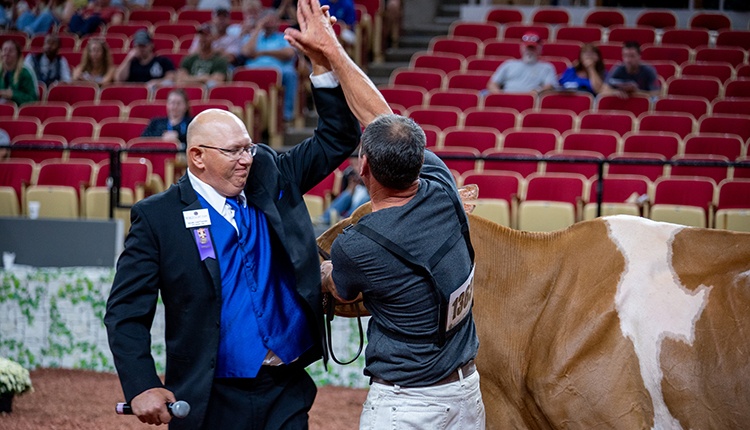The path to a new farm bill hit another huge roadblock yesterday, as House members defeated their version of the bill by a 234 to 195 vote. A surprising 62 conservative Republicans joined 172 Democrats in the opposition.
This came just hours after the House voted to adopt the Goodlatte-Scott (G-S) amendment as part of the House's farm bill. The 291 to 135 vote in favor of the amendment removed a milk supply management plan from the farm bill.
A letter of support for the amendment came from House Speaker John Boehner (R-OH) earlier this week. In addition, Boehner, who had not voted for a farm bill since 1996, boldly stated that despite reservations he would vote in favor of the farm bill and encouraged his fellow House members to do so, as well.
It was expected the farm bill was going to have enough backing from both Republicans and Democrats to pass. However, at the end of the day, the bill lost too much support from urban Democrats due to cuts in food assistance, while conservative Republicans didn't think cuts to food stamps and farm programs went as deep as they should.
A blame game ensued, as Republicans felt Democrats went back on their word by not voting for the farm bill. However, Democrats refused to take the blame, stating that Republicans voted for amendments late in the game they knew could affect the outcome, including the Southerland amendment that changed work requirements for SNAP beneficiaries. Even before the vote, the Obama administration had said it would not accept the House bill, stating the $20 billion in cuts to the food stamp program were too severe while crop insurance and other farm subsidy reductions were not significant enough.
The defeat was a blow to many, including Boehner and his Republican leadership team. For some, though, the downfall of the bill was considered a win. For example, the National Taxpayers Union (NTU), the nation's oldest and largest taxpayer advocacy group, considered the failed vote a victory for the nation's taxpayers. They have been working to defeat the farm bill for the past year, because in their opinion it was expensive, contained too many subsidies and was not viable. Apparently, 234 members of the House agreed with them to some extent.
Moving forward, lawmakers have until September 30 before the current extension of the farm bill is set to expire. SNAP is permanent law, so that funding will continue past that date at current levels regardless if a new farm bill is passed or not. Unfortunately, the agriculture components of the bill are what lie in limbo without the passage of the farm bill. Many of those provisions are set to expire this fall without future congressional action.
Therefore, this defeat brings confusion and uncertainty for farmers and politicians alike. While some members have commented they feel confident the House can come to an agreement yet this summer, others are not so sure. U.S. House Agriculture Committee Ranking Member Collin C. Peterson, D-Minn., said, "I'll continue to do everything I can to get a farm bill passed, but I have a hard time seeing where we go from here."
The House members will return to work on Tuesday. Let's hope the desire for progress, reform and a new farm bill outweigh partisan biases. The future of the dairy industry is waiting on it.

The author is an associate editor and covers animal health, dairy housing and equipment, and nutrient management. She grew up on a dairy farm near Plymouth, Wis., and previously served as a University of Wisconsin agricultural extension agent. She received a master's degree from North Carolina State University and a bachelor's from University of Wisconsin-Madison.
This came just hours after the House voted to adopt the Goodlatte-Scott (G-S) amendment as part of the House's farm bill. The 291 to 135 vote in favor of the amendment removed a milk supply management plan from the farm bill.
A letter of support for the amendment came from House Speaker John Boehner (R-OH) earlier this week. In addition, Boehner, who had not voted for a farm bill since 1996, boldly stated that despite reservations he would vote in favor of the farm bill and encouraged his fellow House members to do so, as well.
It was expected the farm bill was going to have enough backing from both Republicans and Democrats to pass. However, at the end of the day, the bill lost too much support from urban Democrats due to cuts in food assistance, while conservative Republicans didn't think cuts to food stamps and farm programs went as deep as they should.
A blame game ensued, as Republicans felt Democrats went back on their word by not voting for the farm bill. However, Democrats refused to take the blame, stating that Republicans voted for amendments late in the game they knew could affect the outcome, including the Southerland amendment that changed work requirements for SNAP beneficiaries. Even before the vote, the Obama administration had said it would not accept the House bill, stating the $20 billion in cuts to the food stamp program were too severe while crop insurance and other farm subsidy reductions were not significant enough.
The defeat was a blow to many, including Boehner and his Republican leadership team. For some, though, the downfall of the bill was considered a win. For example, the National Taxpayers Union (NTU), the nation's oldest and largest taxpayer advocacy group, considered the failed vote a victory for the nation's taxpayers. They have been working to defeat the farm bill for the past year, because in their opinion it was expensive, contained too many subsidies and was not viable. Apparently, 234 members of the House agreed with them to some extent.
Moving forward, lawmakers have until September 30 before the current extension of the farm bill is set to expire. SNAP is permanent law, so that funding will continue past that date at current levels regardless if a new farm bill is passed or not. Unfortunately, the agriculture components of the bill are what lie in limbo without the passage of the farm bill. Many of those provisions are set to expire this fall without future congressional action.
Therefore, this defeat brings confusion and uncertainty for farmers and politicians alike. While some members have commented they feel confident the House can come to an agreement yet this summer, others are not so sure. U.S. House Agriculture Committee Ranking Member Collin C. Peterson, D-Minn., said, "I'll continue to do everything I can to get a farm bill passed, but I have a hard time seeing where we go from here."
The House members will return to work on Tuesday. Let's hope the desire for progress, reform and a new farm bill outweigh partisan biases. The future of the dairy industry is waiting on it.

The author is an associate editor and covers animal health, dairy housing and equipment, and nutrient management. She grew up on a dairy farm near Plymouth, Wis., and previously served as a University of Wisconsin agricultural extension agent. She received a master's degree from North Carolina State University and a bachelor's from University of Wisconsin-Madison.








